From English to second foreign languages, from daily lives to professional careers, the LTTC helps learners of different generations to improve foreign language abilities
When the center was first founded, it focused primarily on English training. As learners' interest in languages and cultures from places such as Europe and Japan increased, the LTTC expanded its training and assessment services to six languages. Course content came to include everyday and business language and extended into professional training areas such as social interaction, business communication, negotiation, presentation, and interpretation. At the same time, in accordance with the extension of foreign language teaching into the elementary school system and the implementation of the competency curriculum, the center planned and designed courses and assessments focused on primary and secondary school students, emphasizing the cultivation of self-learning strategies.
The LTTC’s language training service includes multiple languages. Training emphasizes real communication scenarios and the cultivation of cultural understanding.
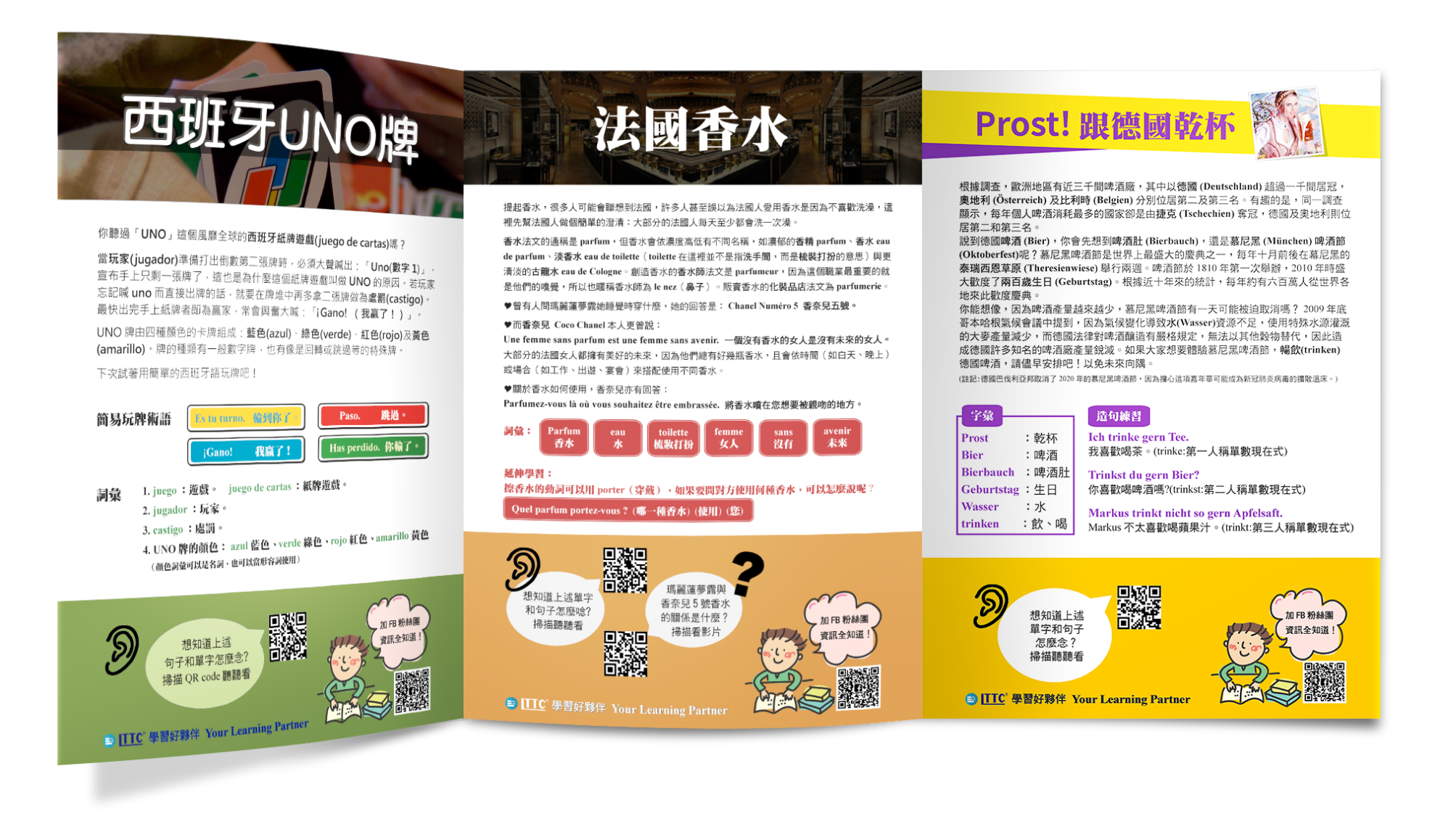
European language learning resources
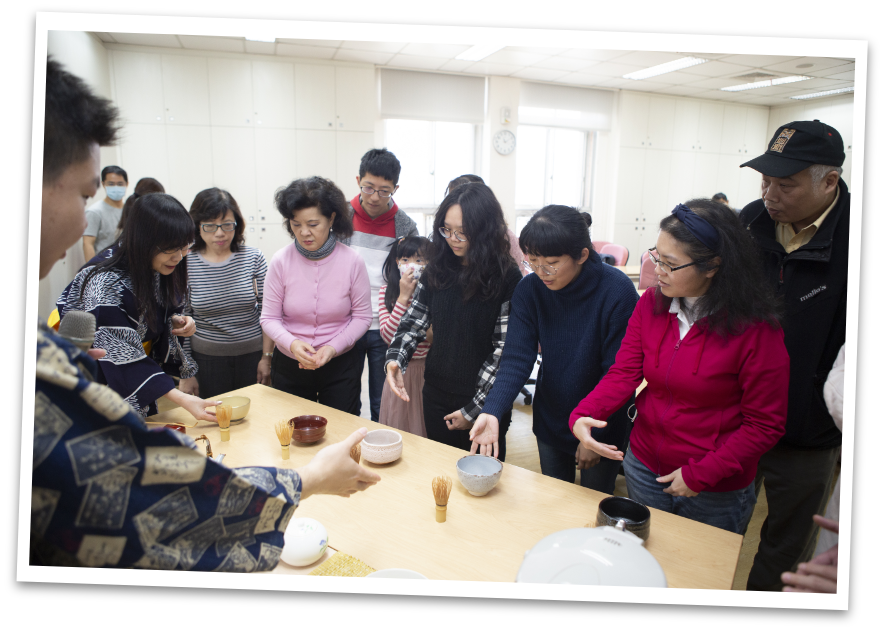
Japanese cultural experience event
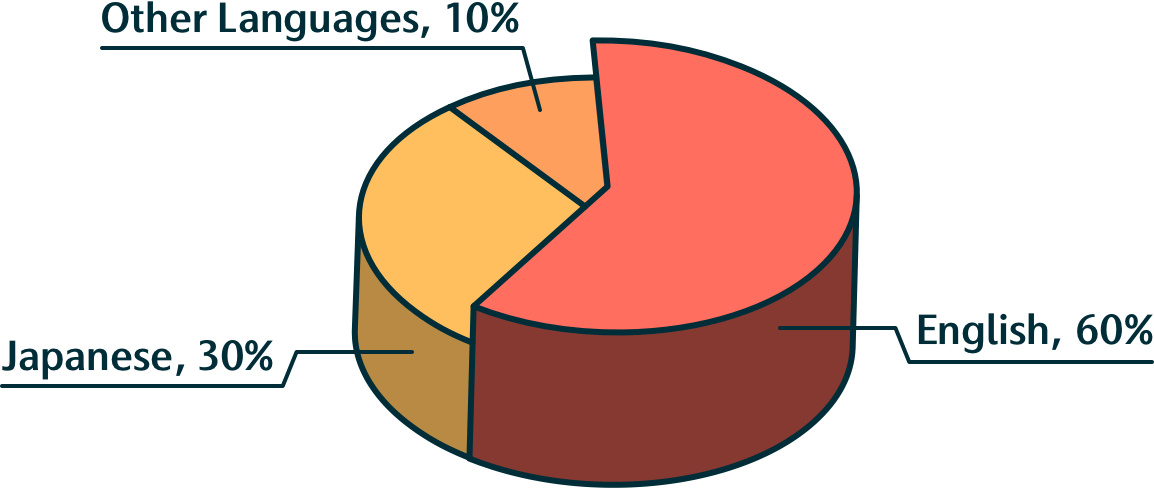
Breakdown of Courses Currently Offered: English, 60%; Japanese, 30%; Other, 10%.
In 1951, the center provided English training for trainees heading to the US
With government funding supporting training in Europe and Japan, the scope of languages was expanded from English only to include Japanese, French, German, and Spanish.
In 2011, Korean was added to accommodate demand.
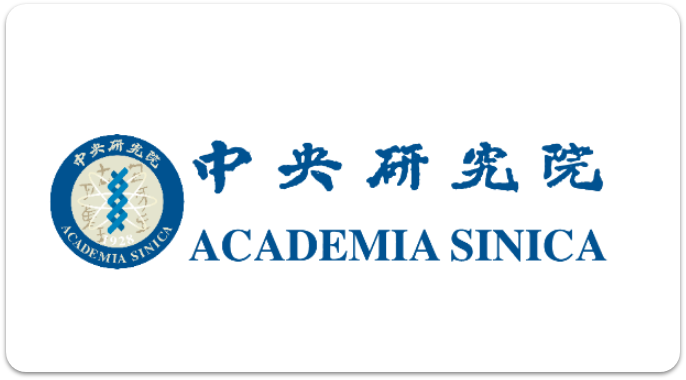
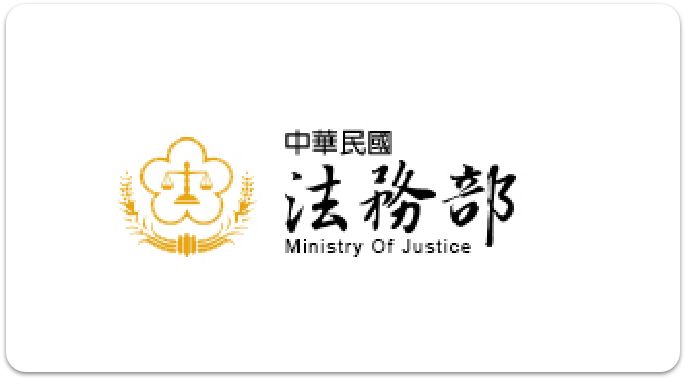
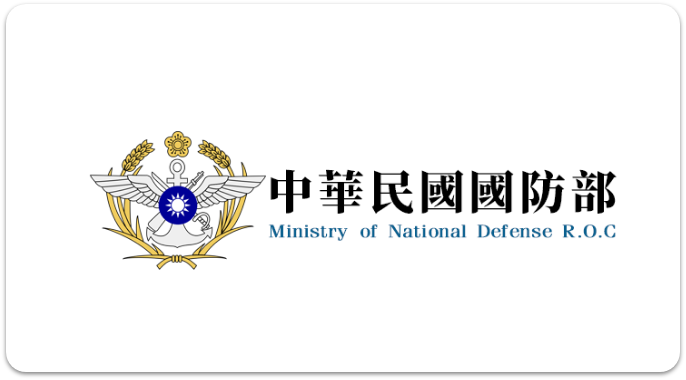
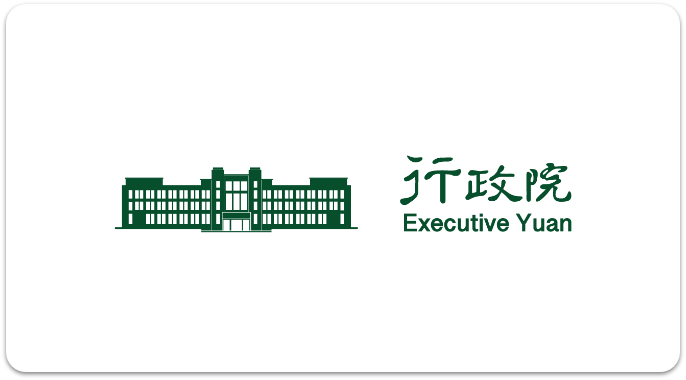
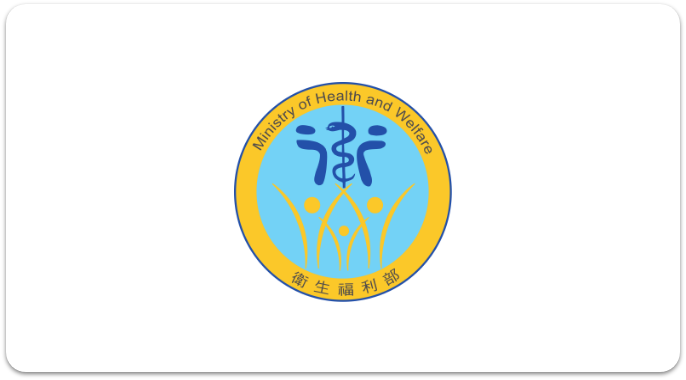
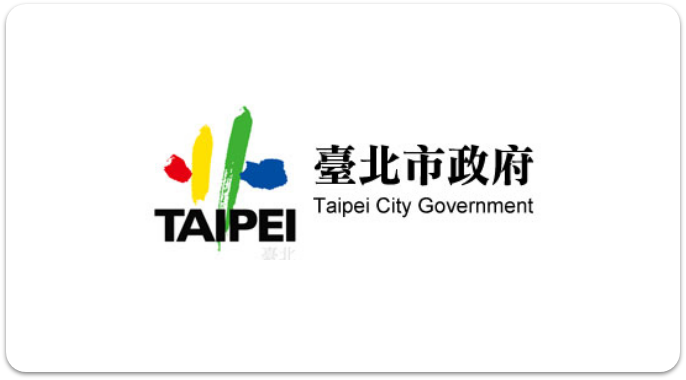
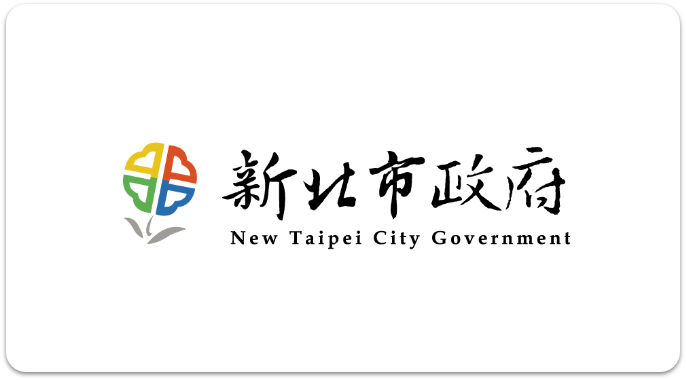
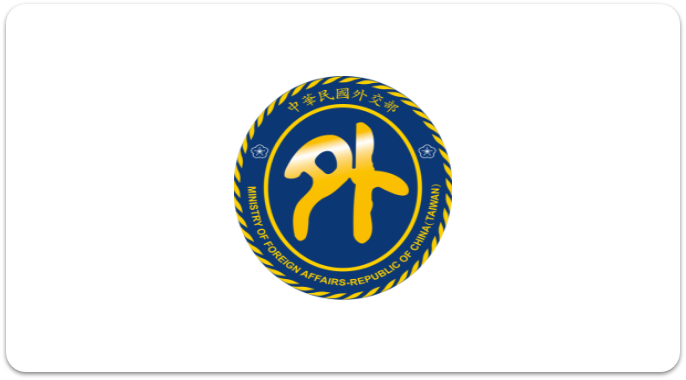
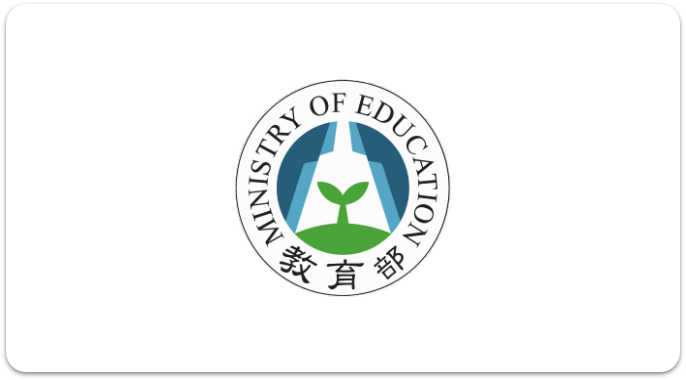
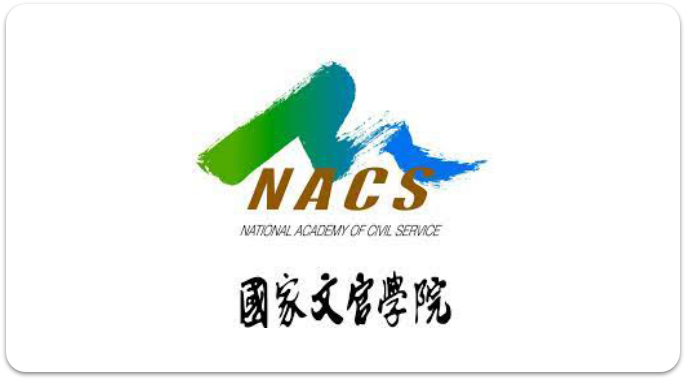

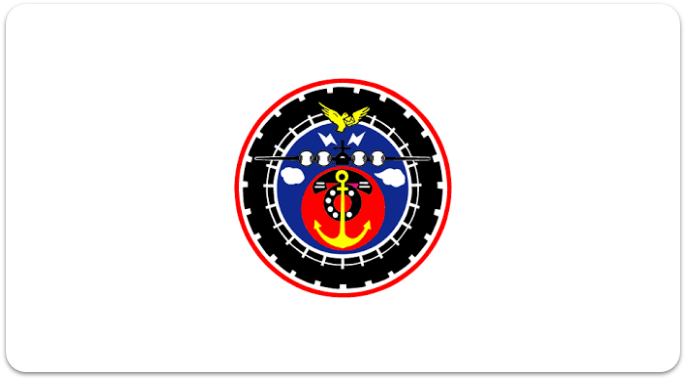
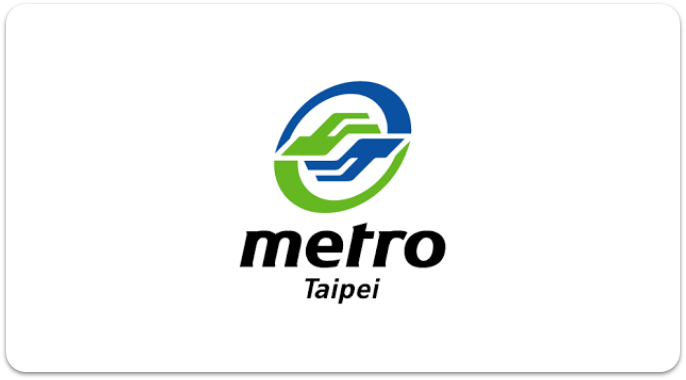
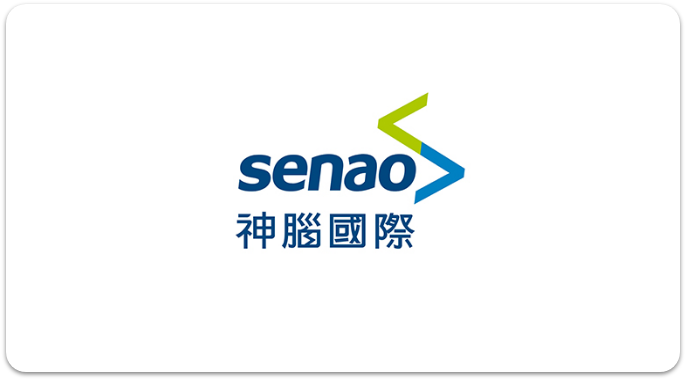
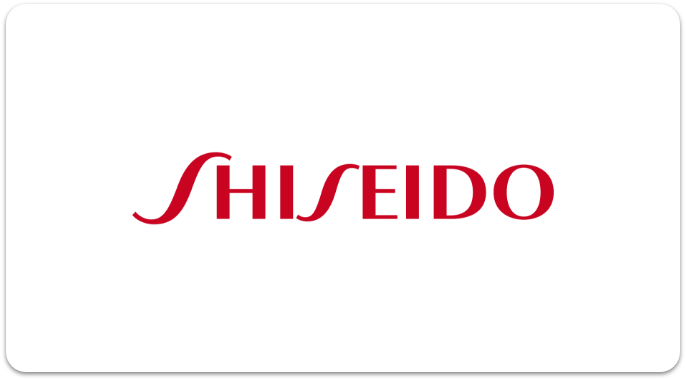



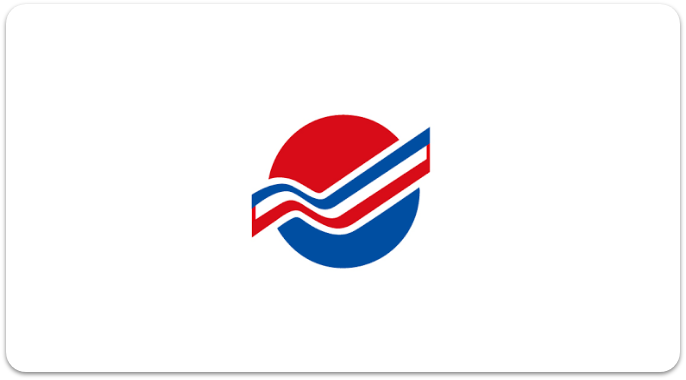

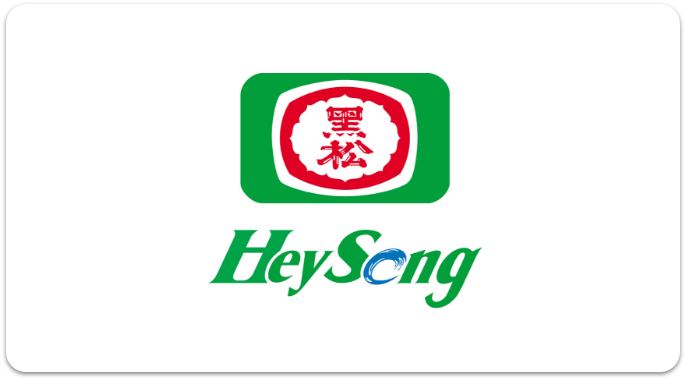

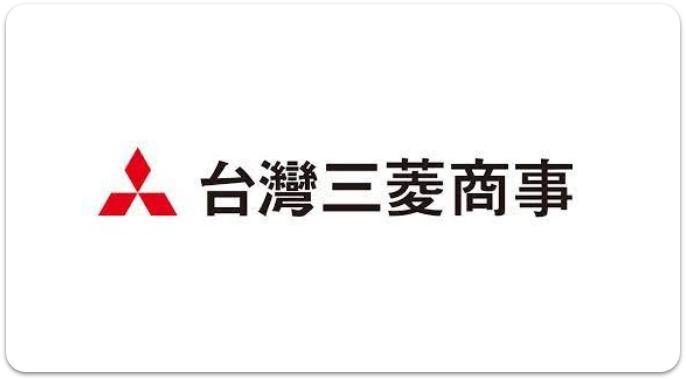

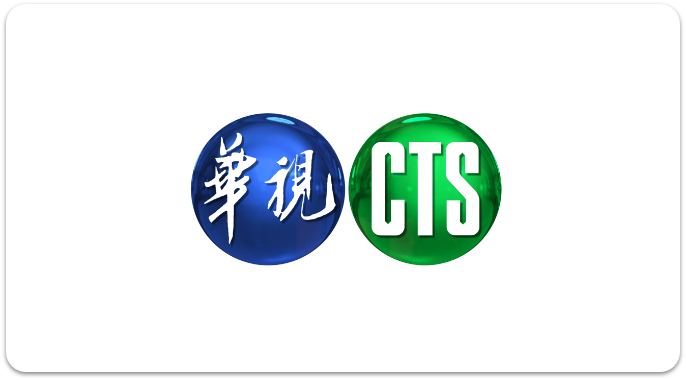
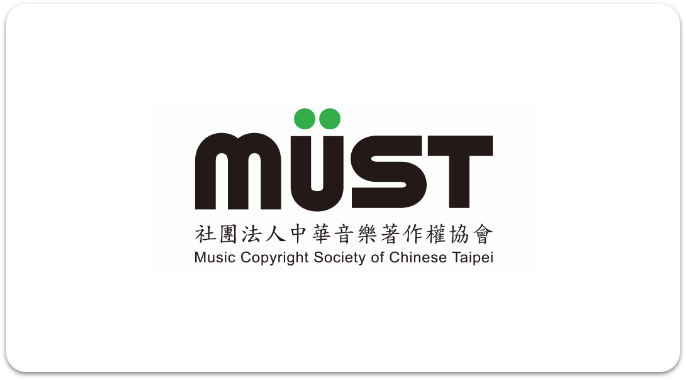


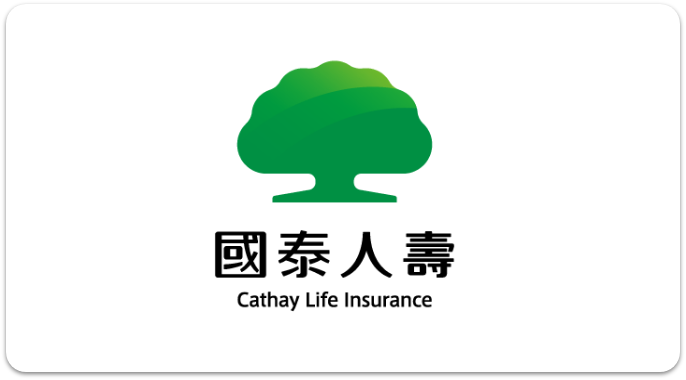
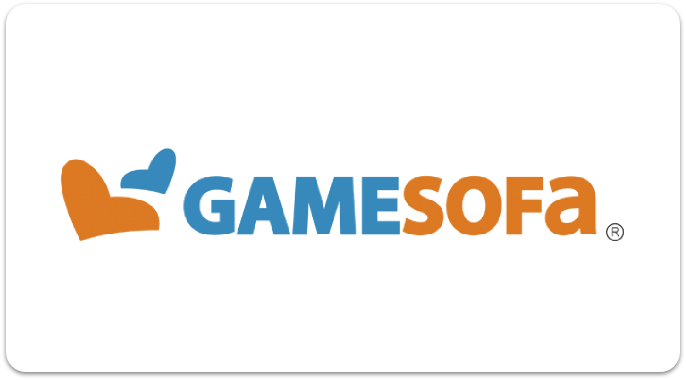
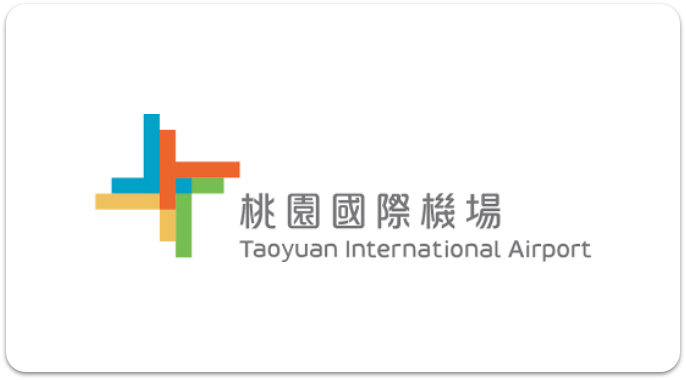
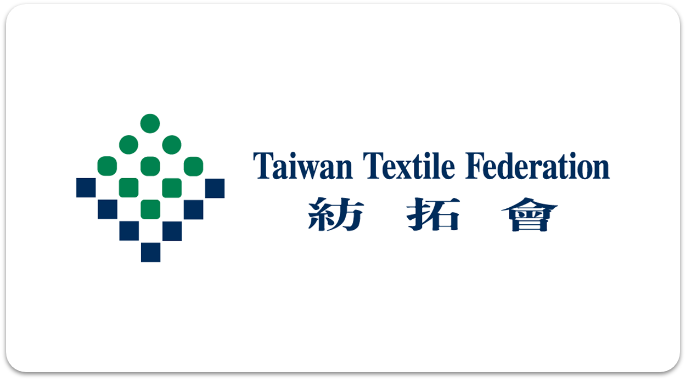
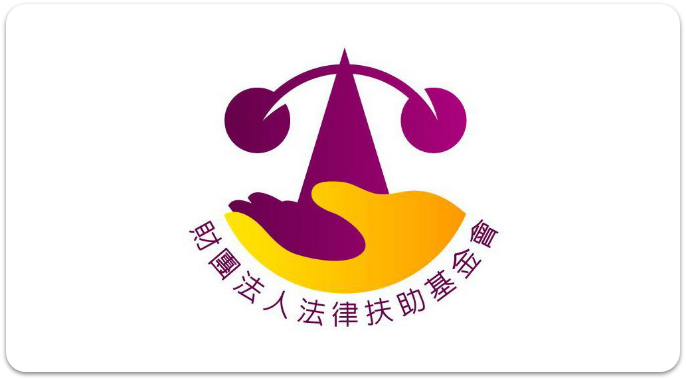
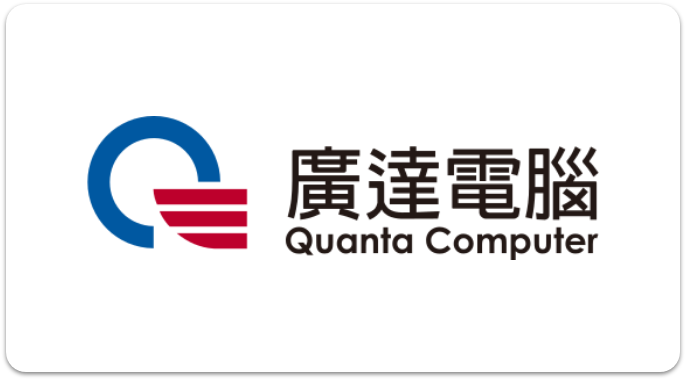

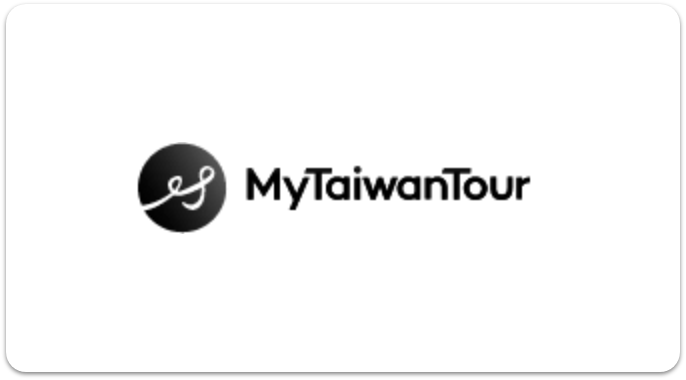
Foreign language education in Taiwan has been extended to elementary and middle school students. In line with this trend, the LTTC has launched GEPT Kids, the Second Foreign Language Proficiency Test, as well as language training for middle school students.
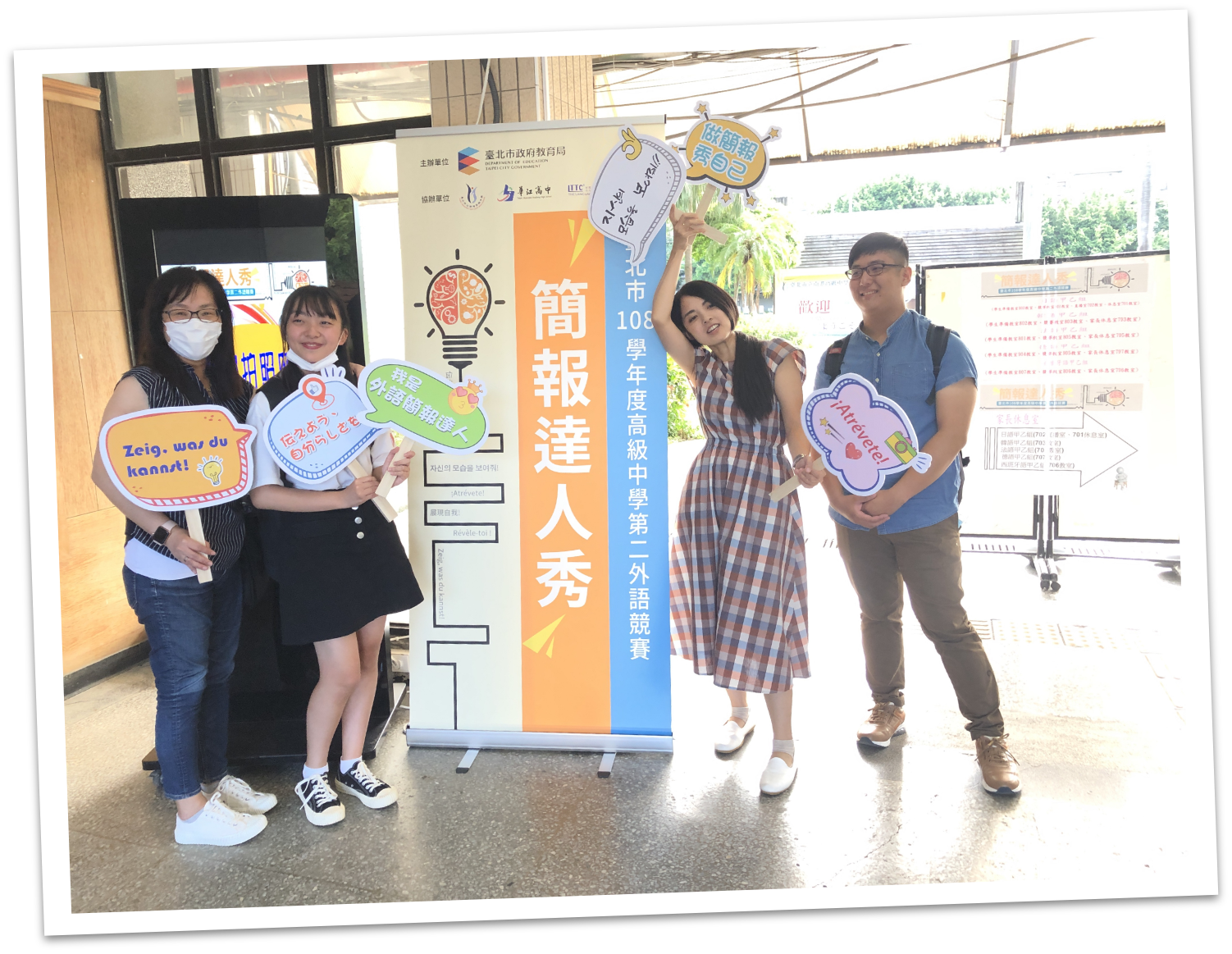
The LTTC was commissioned by the Department of Education, Taipei City Government to host The Second Foreign Language Competition for High School Students.
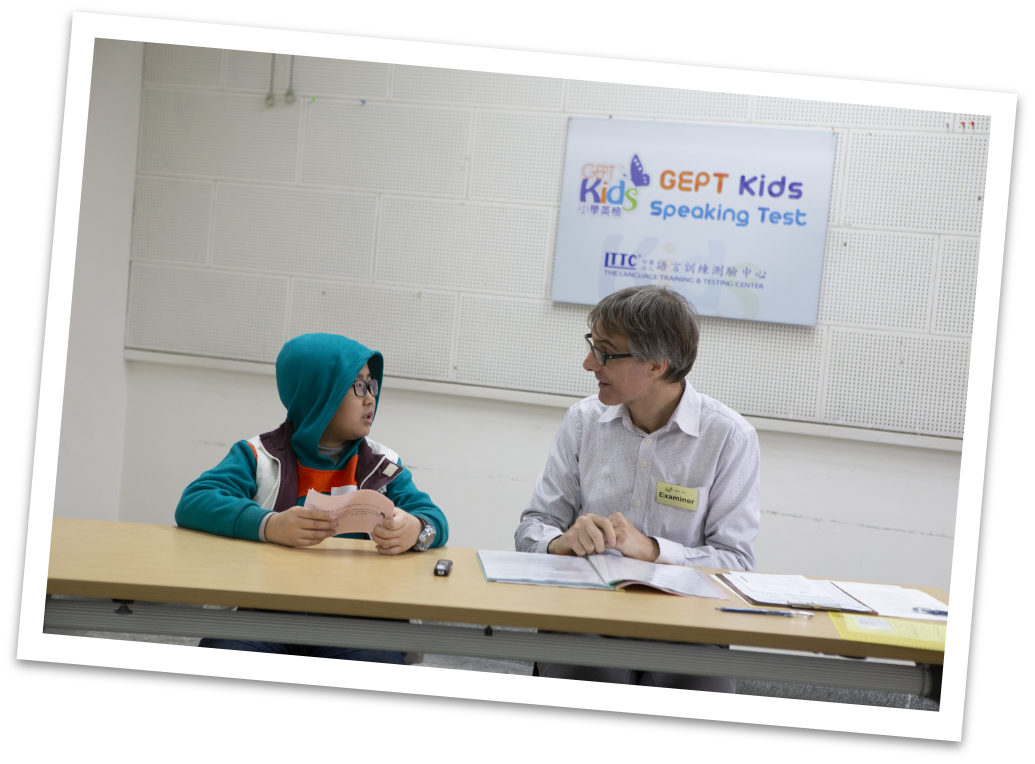
GEPT Kids 1 on 1 speaking test
Responding to the Curriculum Guidelines for the 12-year Basic Education and a move towards competency-oriented assessment, the LTTC and PaGamO have partnered to launch an online English reading course, which has been adopted by the K-12 Education Administration, MOE.
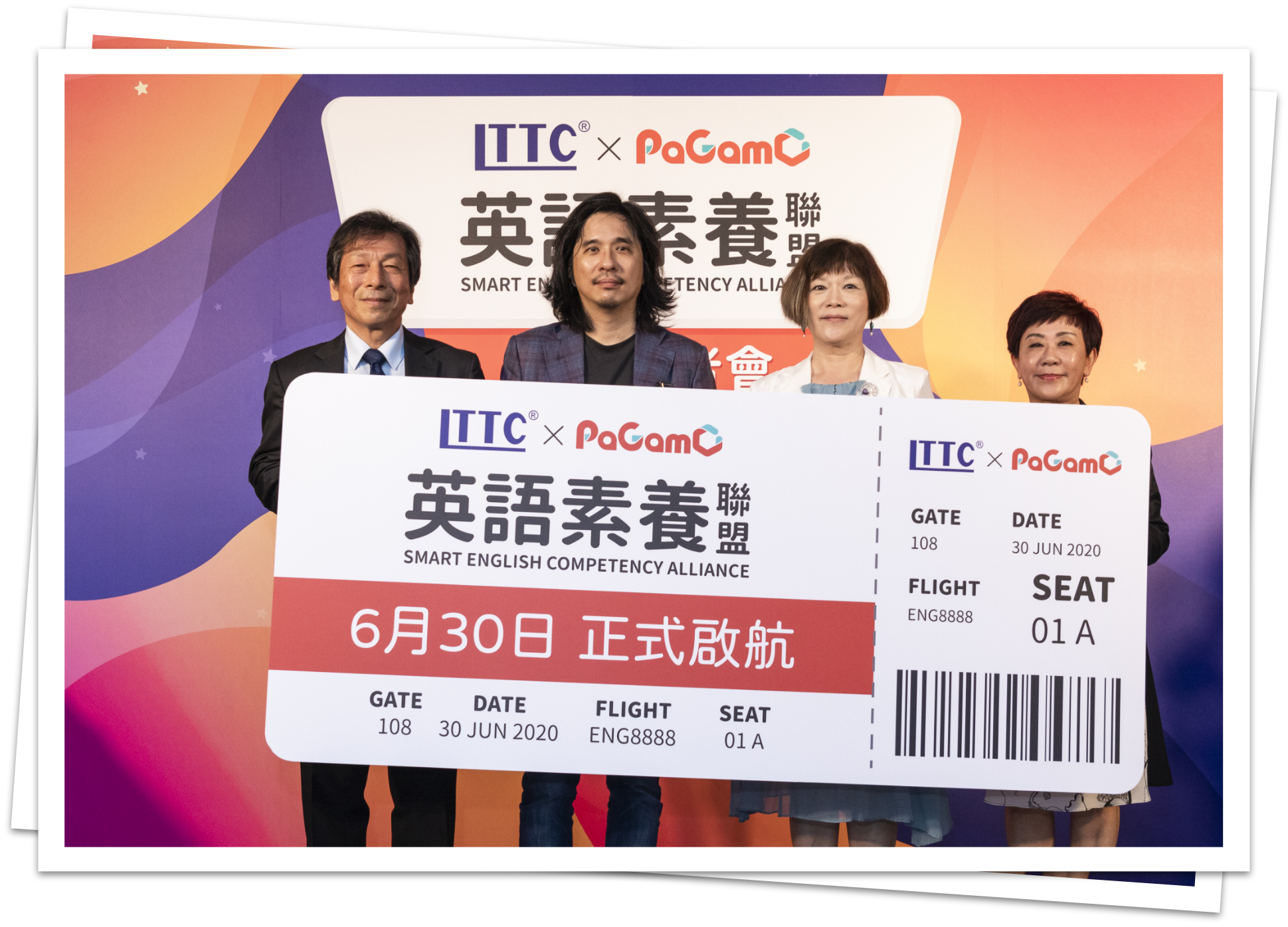
Left to right: Professor Vincent W. Chang, convener of 12-year compulsory English education; Professor Ping-Cheng Yeh, National Taiwan University; Professor Tung Shen, the Executive Director of the LTTC; Dr. Jessica Wu, the Research and Development Program Director of the LTTC
A powerful partner for schools, public service units, and enterprises at all levels in the move towards internationalization and bilingualization
The LTTC combines teaching and evaluation; incorporates both R&D and practical experience; actively responds to national, county and city government policies; and conducts both research into enhancing the abilities of bilingual teachers at elementary and middle schools and the development of assessment resources for the bilingual classroom. Organizing customized, communication-oriented language training courses, the LTTC responds to the increasing demands of various agencies for foreign affairs and international exchange, such as the Ministry of Foreign Affairs, the Ministry of Health and Welfare, the Ministry of Economics, the Ministry of National Defense, the Civil Service Academy, and hundreds of other enterprises and institutions.
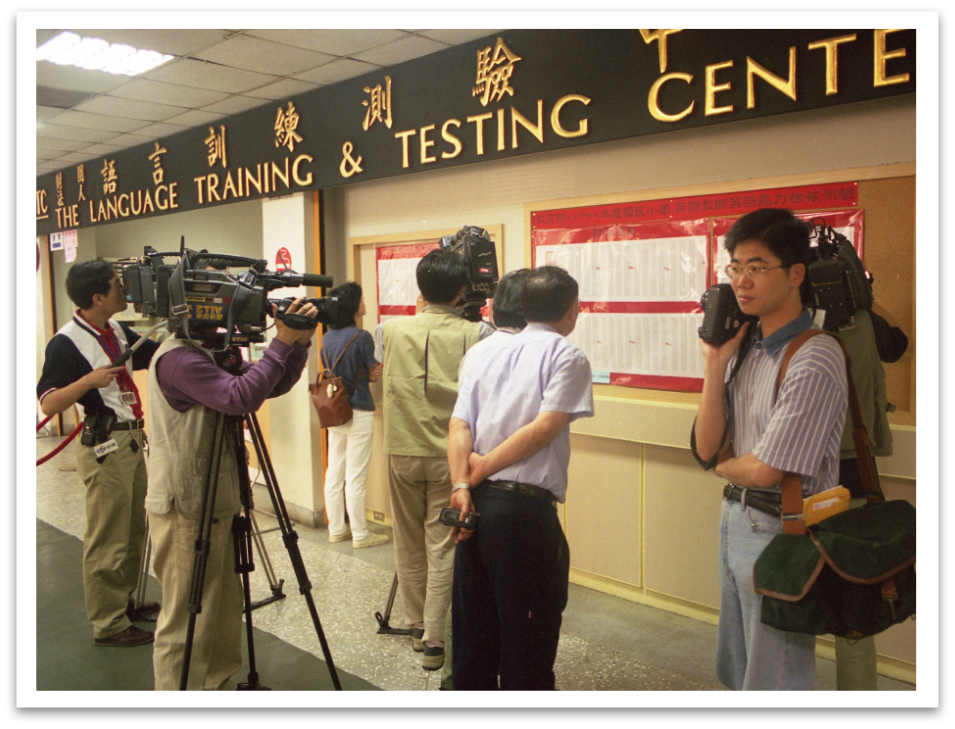
In line with the 2001 English education initiative, the LTTC was commissioned to administer a test assessing the language proficiency of elementary school English teachers, starting in 1999. Those who passed the test and completed the teacher training would then be qualified to teach English at elementary schools. The MOE estimated the number of teachers needed in 2001 would be about 3,300. However, the actual number of registrants fort the test was approximately 50,000, far exceeding expectations.
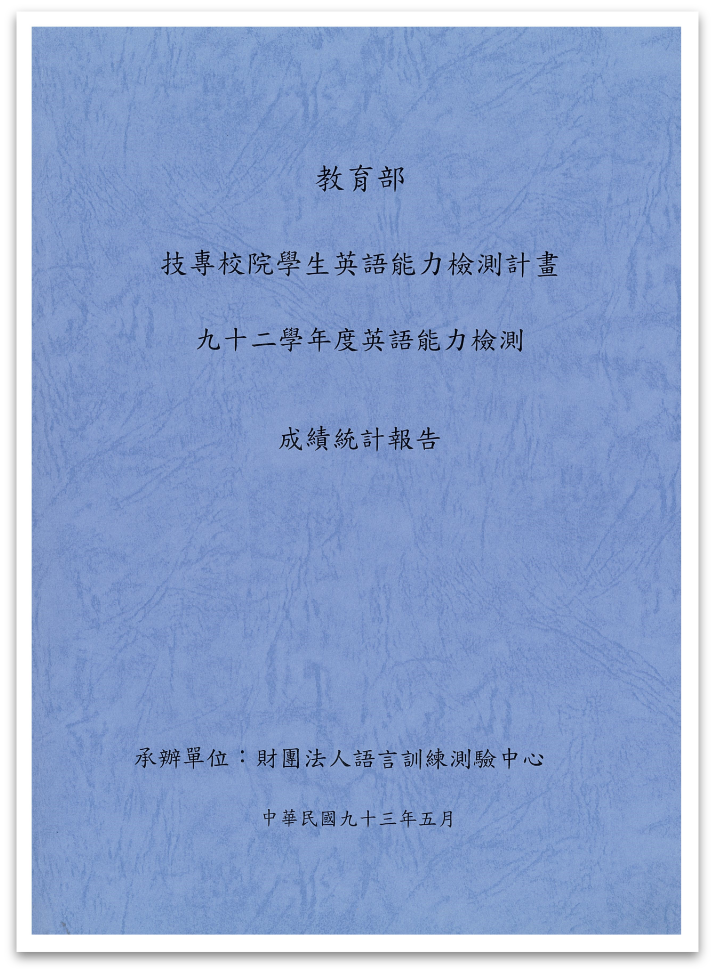
To gain a clearer understanding of the level of English among technical and vocational school students, the LTTC was commissioned by the MOE to conduct a 3-year longitudinal study (2001 to 2003) to examine and track English proficiency in this group. Over the 3 years, a total of 28,000 students participated in the study.
The LTTC signed a letter of intent for cooperation with the Department of Education, Taipei City Government, to jointly promote the implementation of bilingual experimental courses by offering assessment resources and teacher training programs.
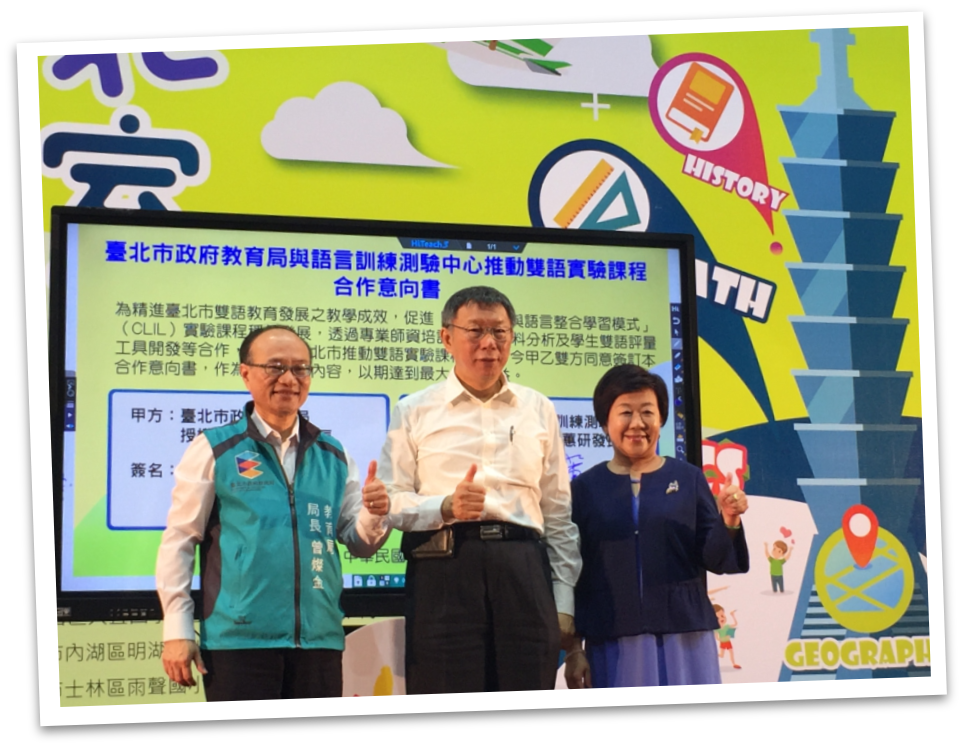
Signing a letter of intent for cooperation
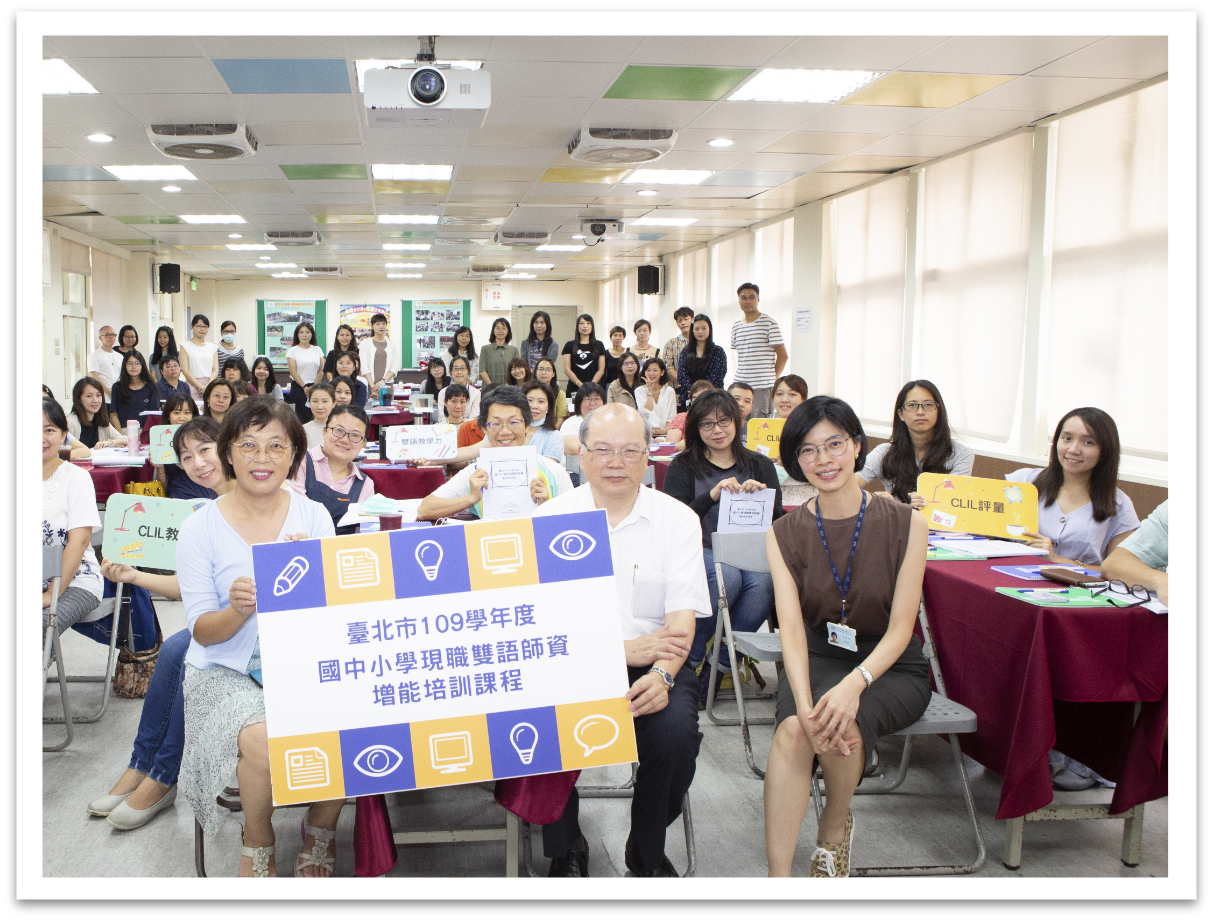
Teacher training workshops for junior-high and elementary school teachers of Taipei City